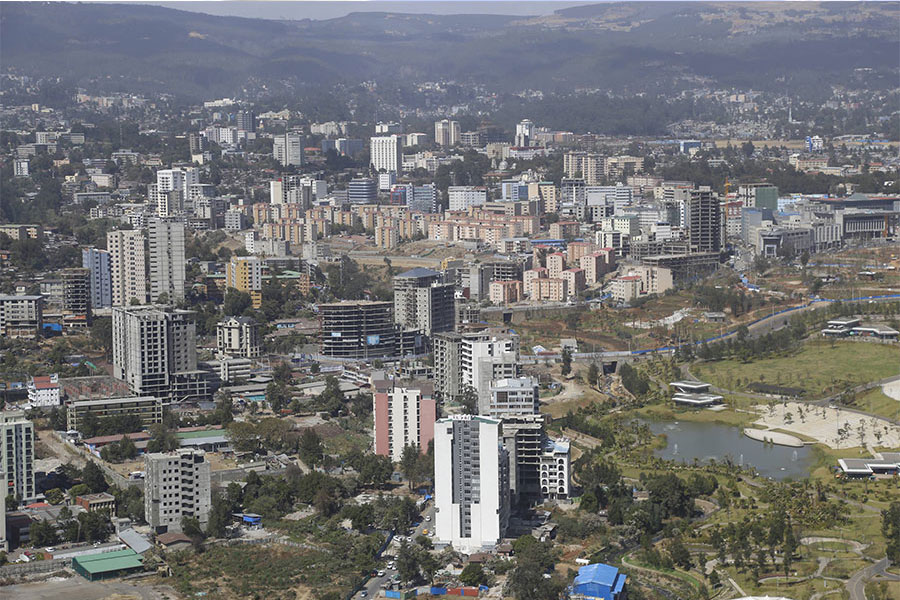
Fortune News | Dec 09,2023
The morning sun, usually a harbinger of a vibrant day, dawned on a Saturday destined for disarray. My first task – renewing my car insurance, expiring that very day – was a reminder of my procrastination woes. My leisurely 10 a.m. departure, coupled with the looming closure of offices for the weekend, only heightened the urgency.
The dwindling gas gauge added another stress. A few kilometres from my house near CMC Michael, a gas station emerged as a potential solution. However, this hope was dashed as a crucial flaw became apparent: my preferred mobile banking app malfunctioned. Repeated attempts yielded only frustration. The news detailed a severe system malfunction that had plagued the Commercial Bank of Ethiopia (CBE) the previous day. This glitch caused a temporary freeze of digital financial services industry-wide, impacting essential services like ATM withdrawals and mobile transfers, leaving many, scrambling for alternative ways to pay.
Hoping to avoid running on fumes, I pressed on towards the insurance office in the Sar Bet area, estimating a one-hour drive. However, Addis Abeba's notorious traffic had different plans. Gridlock near Megenagna forced a detour to Gerji, which proved equally frustrating, necessitating a maze of shortcuts. Finally, after a circuitous route past the Bulgarian Embassy and the African Union (AU) headquarters, I reached the insurance office with a mere five minutes to spare.
Relief washed over me when one of the young men, after a cursory system check, confirmed functionality. But it was momentary. I reached for my debit card, only to be met with news of a malfunctioning POS machine. Cash, my only remaining option, was absent. With persuasive pleas, I convinced them to hold on while I raced to the nearest ATM – a futile exercise at Gidey G/Hiwot, King's Hotel, and the AU.
When I reached Pushkin Square, a relentless string of misfortunes began to plague me. The ongoing construction activity from the AU to Sar Bet had crippled the entire area's network and power supply. The situation worsened at Mexico Square, where drilling choked one side of the road, creating a monstrous traffic jam. With the dream of a peaceful weekend now a distant memory, the question loomed – can this ongoing construction be done less haphazardly?
It reminded me of a friend, visiting from abroad and eager to see the AU facilities, who witnessed this chaos firsthand. Our attempt to reach the newly built Adwa Museum from Arat Kilo proved equally baffling – bulldozers and round-the-clock construction obstructed access. Witnessing this simultaneous, seemingly overambitious construction spree, I questioned the lack of measures to mitigate disruption to infrastructure like power and networks. Safety for motorists and pedestrians also seemed a secondary concern.
Finally, a glimmer of hope! A private bank that still served customers the traditional way – at the counter! Despite a daunting queue of bank books, the insurance office waiting for me after closing time compelled me to plead for leniency. Thankfully, the young manager and the queue patrons allowed me to be served first.
The teller, however, struggled to complete the transaction via phone just as the building plunged into darkness. Unable to bear another misfortune, I implored them to hand me the cash and finalise the transaction later. The teller hesitated, but the manager authorised the exchange with a reassuring smile. Relief flooded me as I clutched the much-needed cash.
I raced back to the insurance office. Their door hung ajar, a sign they were no longer accepting customers – except me. After completing the formalities, I finally had my renewed insurance certificate. My profuse thanks to the young men were heartfelt as I went back to the Bank to settle the transaction. Power outage persisted, validating my decision to convince the bank officers to give me the cash. While the manager was gone, the teller, with a trusting expression, assured me they would reconcile the transaction later.
By the time I reached the gas station, I was exhausted by the ordeal. Then the inevitable happened. My car came to a grinding halt a few metres from the station. I had to push it to the tank. The heat, the frustration, and the push left me utterly drained, which led me to cancel my remaining plans and head straight home. Sleep consumed the next couple of days. A cocktail of ailments – tonsillitis, severe flu and gastritis – were my unwelcome souvenirs.
Undeniably, Addis Abeba's development efforts, spearheaded by the government, are commendable. A city, which was once marred by sprawling squatter settlements, is transforming into a gleaming metropolis. The skyline, ablaze with lights, evokes a picture-perfect postcard, while the zeal and energy in achieving this rapid transformation are truly admirable. However, my experience serves as a glaring reminder that justified growth aspirations and maintaining basic amenities of life should not be competing, but rather be complementary interests. Rallying behind one cause should not be misconstrued as denouncing the other.
Uncoordinated development, much like my debilitating combination of illnesses, risks unforeseen consequences. The City's aspirations should not come at the compromise of its citizens' well-being. Basic amenities and resident safety should remain paramount. My biggest fear is the construction extending into the rainy season, amplifying the chaos I witnessed. Imagine navigating flooded streets amidst monstrous traffic jams – a recipe for utter gridlock and misery.
A city's growth should be a source of pride for its residents, not frustration. While aspirations for rapid growth require accelerated activity, maintaining existing infrastructure is equally crucial. A phased approach to development with less disruption to daily life would be far less taxing. The inconveniences caused by this haphazard strategy exact a hidden tax on the overall economy, potentially outweighing the benefits.
Addis Abeba’s fast transformation reflects a global look better than the past sleepy third-world capital. The construction standards and practices should also reflect values and self-perception which will indeed be a source of pride for the residents.
PUBLISHED ON
Mar 23,2024 [ VOL
24 , NO
1247]


Fortune News | Dec 09,2023
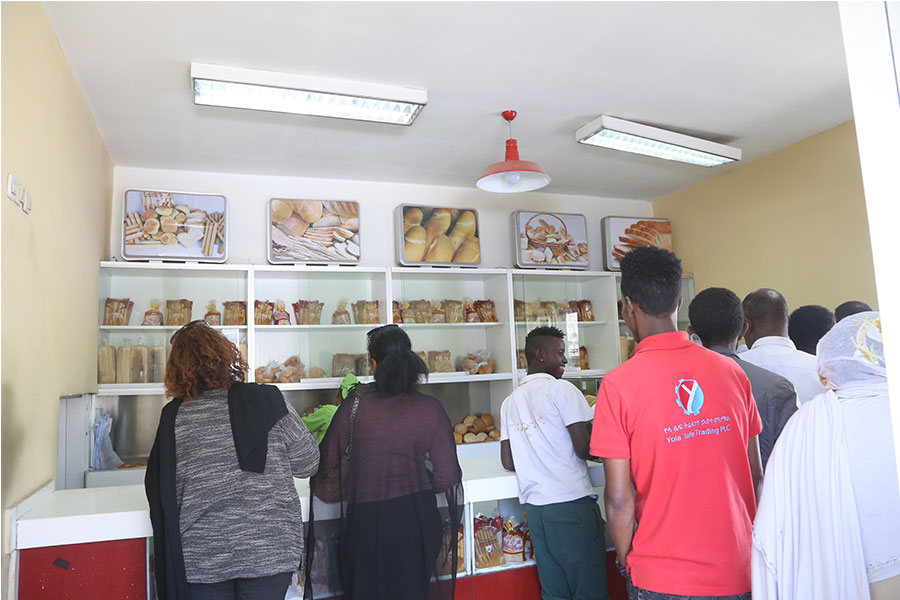
Agenda | Feb 09,2019

Addis Fortune Press Release | Oct 04,2024
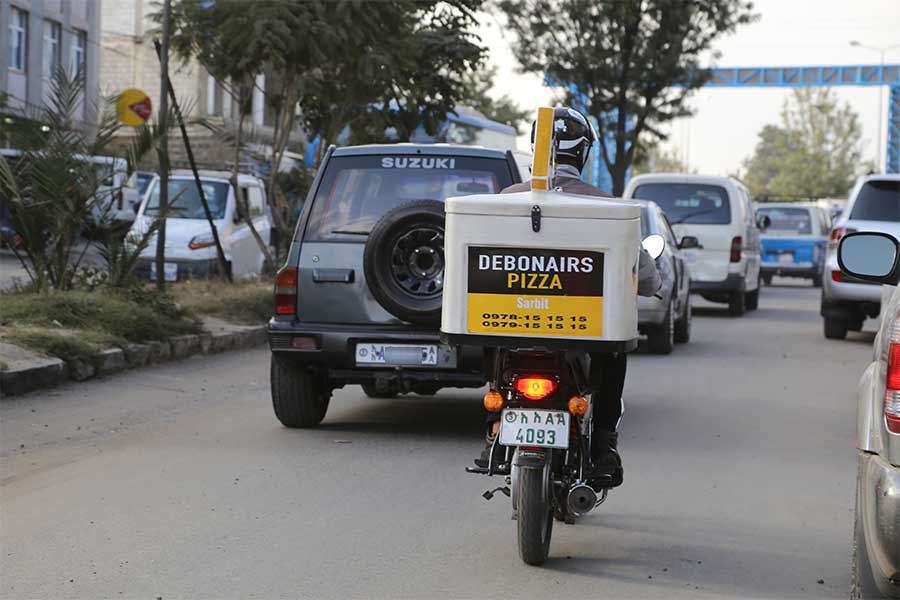
Featured | Nov 23,2019
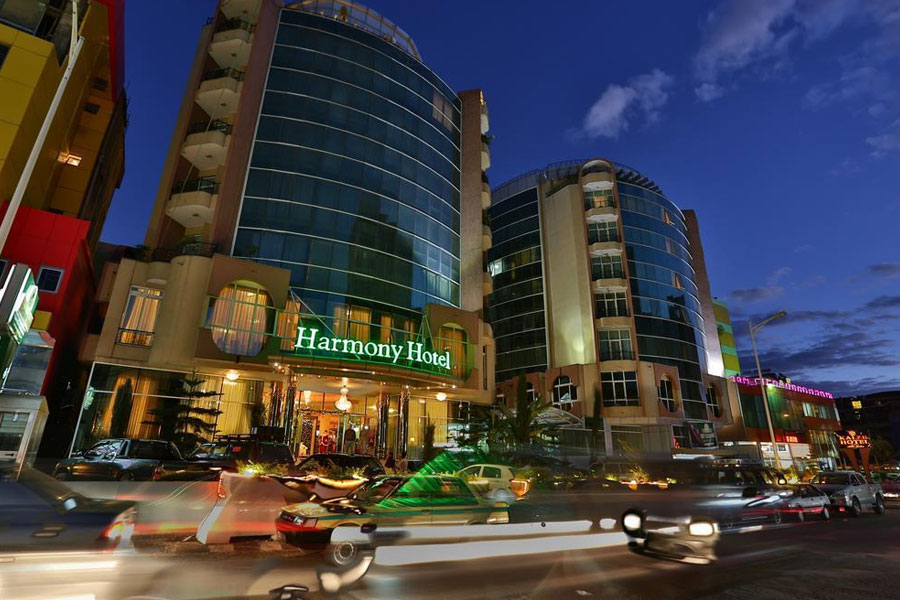
Fortune News | Jul 11,2021
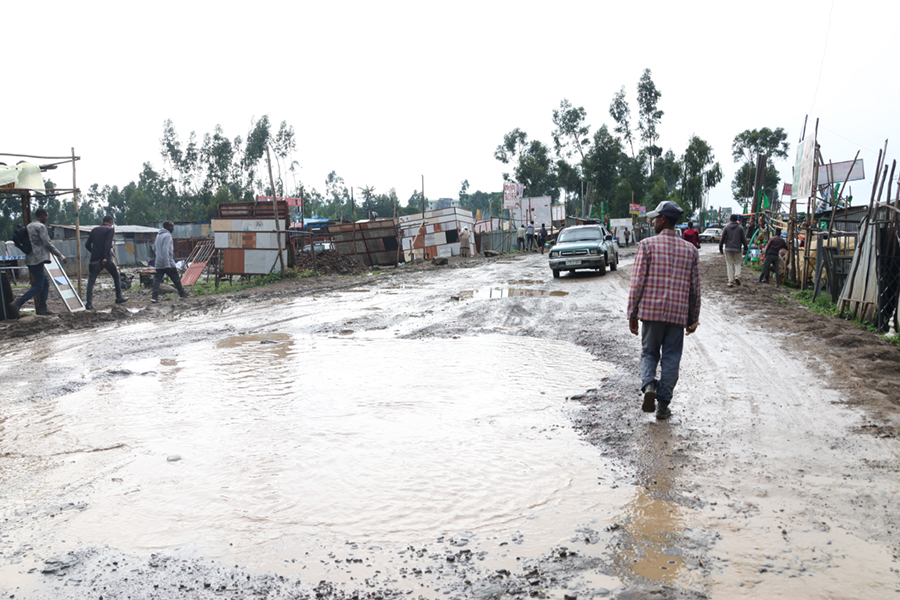
Agenda | Jul 07,2024

Viewpoints | Jun 08,2019
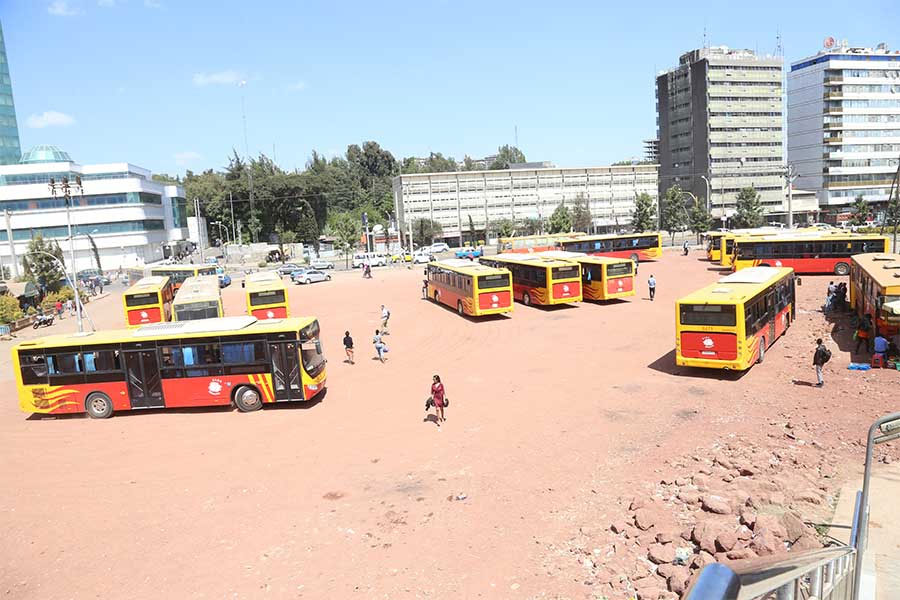
View From Arada | Feb 05,2022
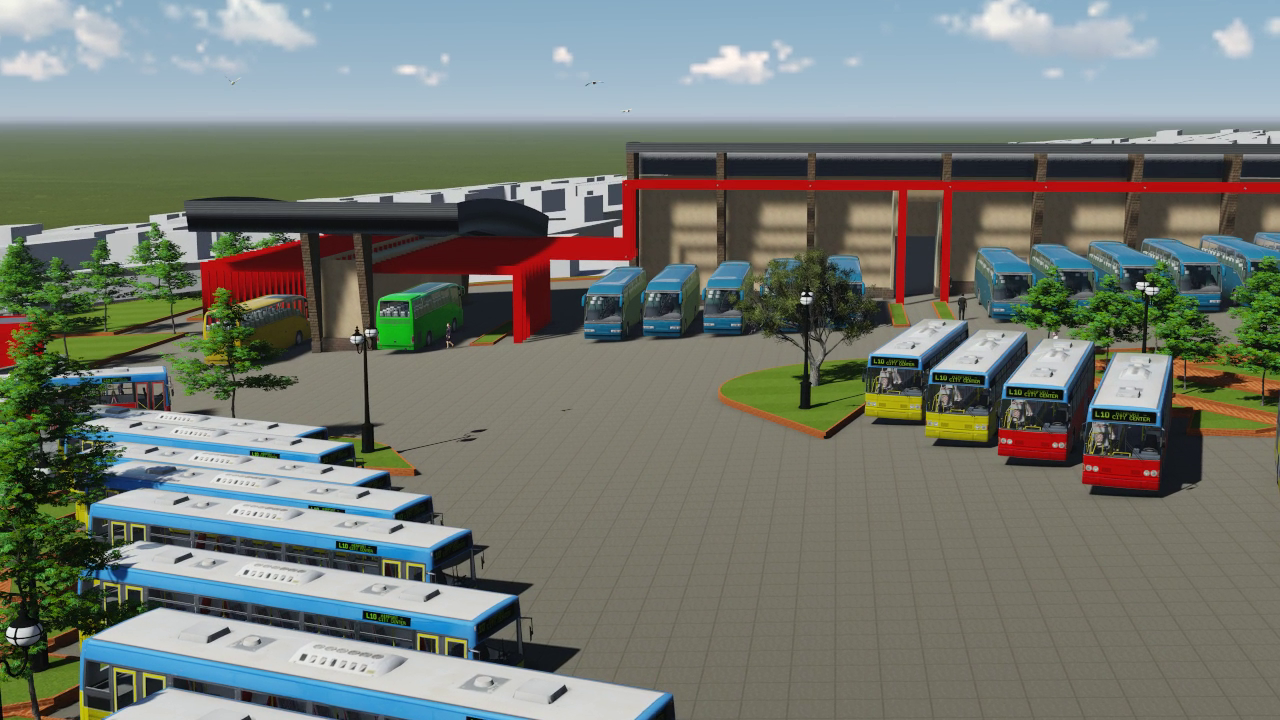
Fortune News | Nov 27,2018

Commentaries | Jun 04,2022

Dec 22 , 2024 . By TIZITA SHEWAFERAW
Charged with transforming colossal state-owned enterprises into modern and competitiv...

Aug 18 , 2024 . By AKSAH ITALO
Although predictable Yonas Zerihun's job in the ride-hailing service is not immune to...

Jul 28 , 2024 . By TIZITA SHEWAFERAW
Unhabitual, perhaps too many, Samuel Gebreyohannes, 38, used to occasionally enjoy a couple of beers at breakfast. However, he recently swit...

Jul 13 , 2024 . By AKSAH ITALO
Investors who rely on tractors, trucks, and field vehicles for commuting, transporting commodities, and f...

Jul 5 , 2025
Six years ago, Ethiopia was the darling of international liberal commentators. A year...

Jun 28 , 2025
Meseret Damtie, the assertive auditor general, has never been shy about naming names...

Jun 21 , 2025
A well-worn adage says, “Budget is not destiny, but it is direction.” Examining t...

Jun 14 , 2025
Yet again, the Horn of Africa is bracing for trouble. A region already frayed by wars...